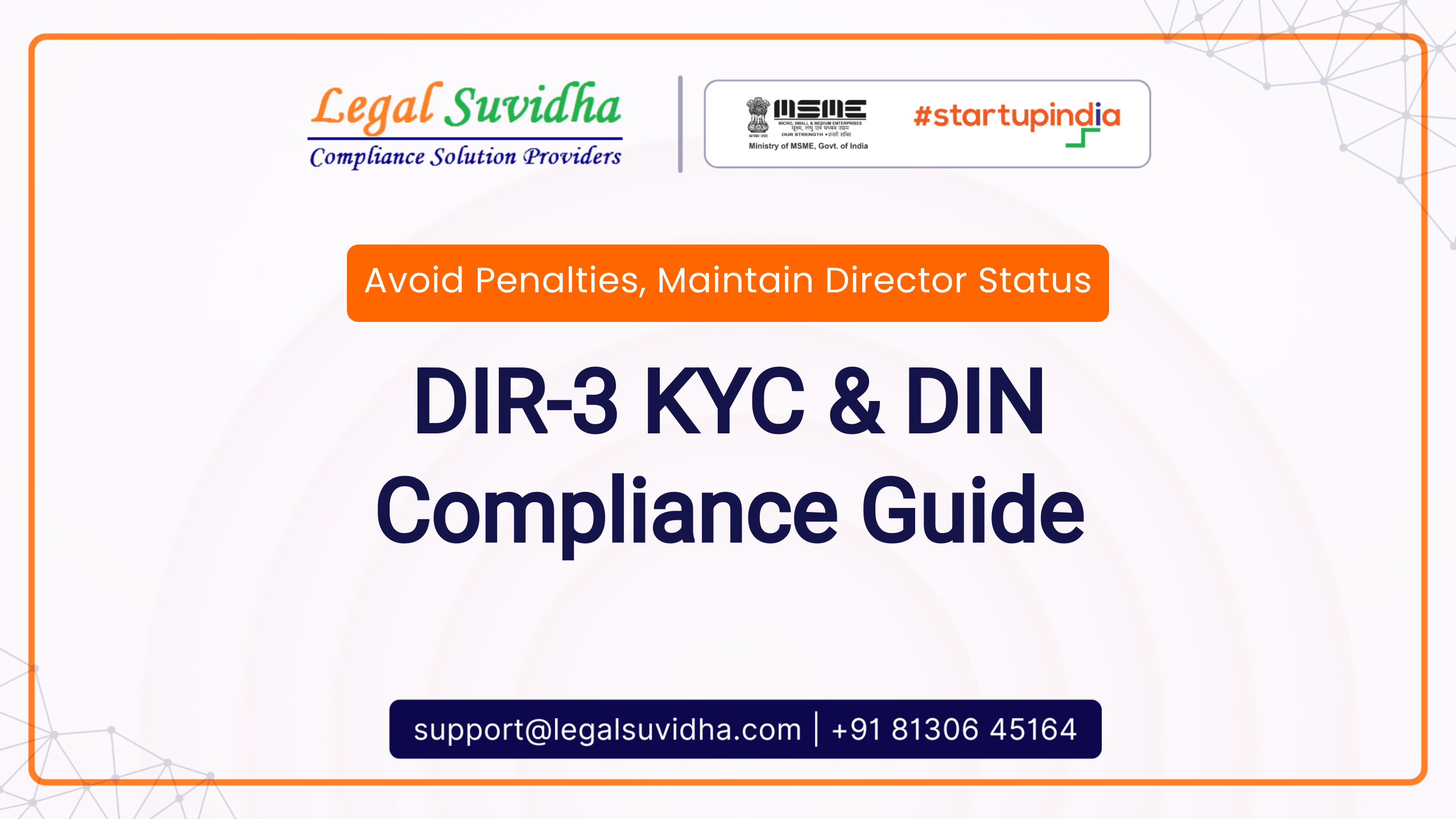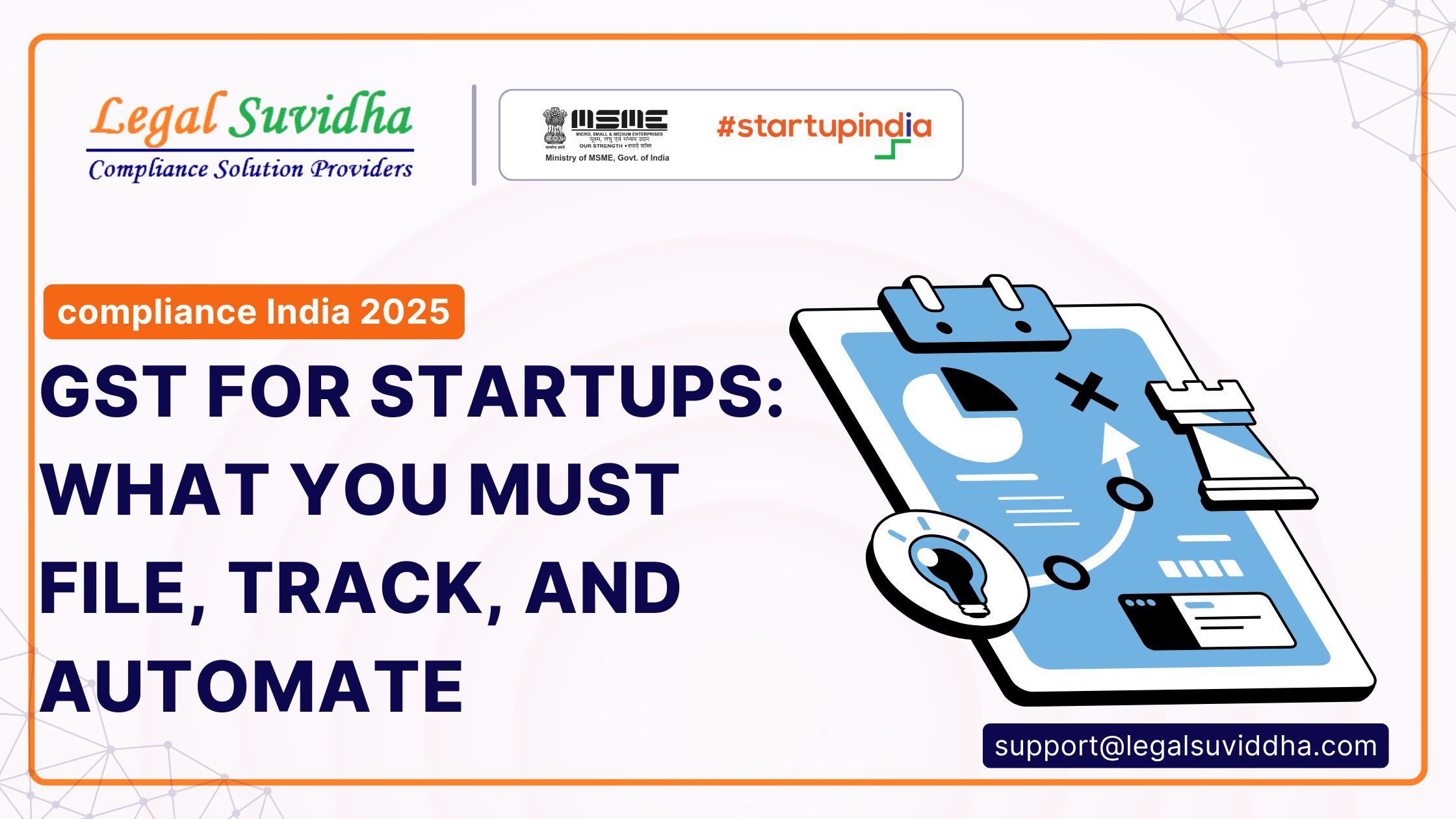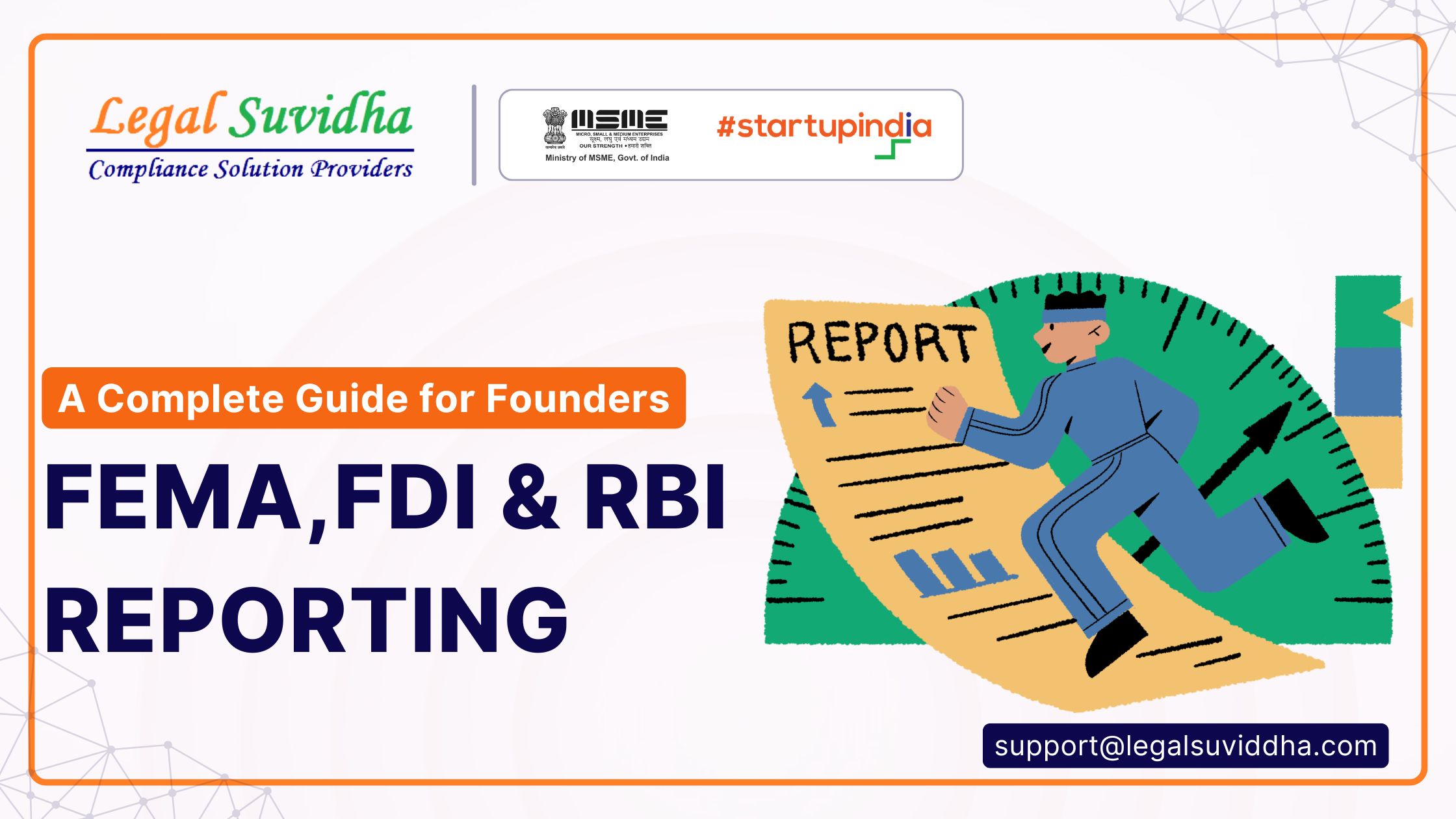Seed funding is a type of funding that startups typically receive in the earliest stages of their development.The first level of fundraising for a startup is seed funding. Angel investors, close friends and family, as well as the original firm founders, frequently provide seed funding. Although bank loans are another option for early-stage startups, angel financing are typically favoured. While seed money is used to launch a firm, it carries a substantial amount of risk because the business has not yet established itself in the marketplace. Many angel investors concentrate primarily on seed funding opportunities since it enables them to buy a portion of the company’s equity at the time of the company’s lowest valuation.
Purpose of Seed Funding
The goal of seed funding is straightforward. It is meant to provide a founding team with enough money to pursue a specific idea or market in order to determine whether the concept is viable. For a seed stage startup, different investors may have different needs, but in general, they are looking for “product-market fit.”
The size of seed rounds is skyrocketing, and the goals can vary greatly from business to business and investor to investor.
Types of Seed Funding
There are various kinds of seed money. For the sake of this piece, we’ll mostly discuss raising venture financing, but we’ll also touch on a few additional possibilities:
Friends & Family:Friends and family are among the most typical sources of startup capital. Since you, the entrepreneur, probably already have a relationship with this group, this frequently adopts a similar strategy to the funnel outlined above but is probably less intensive. Remember that you are using their money to invest in a very dangerous asset class, and that they need to be made aware of this fact.
Crowdfunding:Crowd fundraising is a different type of “seed funding” that is gaining popularity. Check sizes can be as low as $100 because to websites like Republic and StartEngine, which enable entrepreneurs to attract equity rounds from private investors.
Non-Traditional Firms:New financial instruments are being released by more companies as alternatives to venture financing. One of our favourite companies is Earnest Capital. Earnest Capital helps innovators create long-lasting, profitable businesses by providing early-stage investment, resources, and a network of expert advisors. A Shared Earnings Agreement is the financing tool that Earnest Capital employs (SEAL).
Incubators:A startup incubator is a collaborative initiative created to aid in the success of emerging businesses. By offering office space, seed money, coaching, and training, incubators assist entrepreneurs in resolving some of the issues that are frequently related to managing a business. A startup incubator’s only objective is to assist business owners in expanding their enterprises.
If incubators have funding, it’s hit or miss. Although some will just provide a little amount of funding, others will only provide tools to aid founders in starting their businesses.
Accelerators:Private startup accelerators do offer capital, which is used to pay for living and travel costs during the three-month residency at the physical startup accelerators as well as early-stage business expenses. The money and advice are not free, though. Signing an accelerator deal often involves handing up a portion of your firm, just like any other equity capital. Startup accelerators often demand between 5% and 10% of your equity in return for mentoring and modest finance.
Angel Investors:Any founder would do well to start with angel investors. An angel investor is someone who wants to diversify their investment portfolio and support exciting enterprises, similar to friends and family investors. Yet, angel investors are typically more seasoned business people who are aware of the dangers associated with funding a startup.
Why Do Startups Need Seed Funding?
Every entrepreneur has a wonderful concept when they first start out, but it can be difficult to turn that excellent idea into a successful firm. Founders that receive seed money are given the resources they need to develop their business idea and see it through to success. It aids in a startup’s scaling to the point at which it can draw venture money and offer investors a healthy return.
When Should You Raise Seed Funding?
It’s crucial to secure seed money at the appropriate moment. Before you actively pursue investors, your company must have attained a particular level of maturity. This is how that appears:
1. A minimal viable product is required (MVP).
2. You should provide evidence that your idea or product is viable and has a market.
3.You must demonstrate to investors that there is demand for your goods. In a perfect world, this would mean income, but it may also mean hard data showing consumer interest, such user registrations or signups.
4. Your company has to have important employees in place.
How Start-ups Get Seed Capital from the GOI
Step 1: Signup on the Startup India website and get certification using the steps outlined.
Step 2:The start-up must meet the criteria after registering on the Start-up India website in order to be given consideration for the seed funding.
Step 3: Startups receive their initial funding from the AIFs rather than the GOI (Venture Capitalist registered under SEBI) Hence, for the purpose of showcasing their ideas or innovations, start-up businesses must approach the AIFs. These AIFs are venture capitalists with SEBI registration.
Step 4: Once the idea is approved, the AIF will analyze and recommend to SIDBI to disburse the said seed fund to such start-ups.
How to raise a seed round
Step 1: Build your pitch deck:
Your main tool for raising money is your pitch deck. While assessing potential investment prospects, seed investors demand to view pitch decks.An investor’s interest can be attracted and turned into action with the use of a pitch deck. To inform investors about your firm, its current standing, and where you anticipate it to be, you need create a pitch deck.
Also, pitch decks contain details on the industry, your target market, and the actions you must take to expand your business.A pitch deck should have between 10 and 12 slides. Make it short and basic, and don’t use more than 15 slides. Make liberal use of charts and graphs and limit yourself to one subject each slide.
Step 2: Create your investor list:
Going out to every investor in the country in an attempt to secure seed money is neither effective nor practical. You require details regarding your preferred investors list. But how can you decide which candidate has a better chance of succeeding?To find investors, many business owners make use of their current networks. Others look for lists of active investors using incubators and accelerators.
Let’s look at the main factors you must take into account while assessing potential investors to approach:
- Investor Type: Choose the kind of investor you want. Are you searching for purely financial support or someone who can be more involved in your startup?
- Experience: How long has an investor been collaborating with startups? What is their record of achievement? More investigation into their profitable investments is worthwhile in order to establish the time range.
- Funding: Not all investors are able to invest millions. Reduce the number of investors on your list based on the capital quantities they can provide using your fundraising strategy.
- Expertise: Does a potential investor have any connections or expertise you may potentially use? It makes sense to seek beyond funding when recruiting investors.
- Fit: Does this investor fit well with your company? Whether you and the company will have a productive working relationship depends on how an investor engages with you and the business.
Step 3: Meet with interested investors:
Sending them your pitch deck is how most investor relationships start. Go right to the subject while remaining cordial but formal. Investors that want more information should contact us. Don’t give up if investors don’t respond to your contact. Simply proceed to the following one.
Now comes the challenging part: actually meeting. Presentations to investors in person can be frightening. This is a skill that you will definitely develop over time.To maximise your chances of a productive meeting, adhere to these guidelines:
- Know your audience: Recognize this investor’s preferred investment categories and motivations. Adjust your pitch as necessary. For instance, some investors prioritise the founder himself, but others like to base their decisions on the precise financial data.
- Simplify your presentation: Your presentation needs to be short. Pay attention to the essential elements. Not to bore your investor.
- Take the time to listen:By demonstrating your interest in what they have to say, you can increase the level of mutual trust. Even if you never secure funding, you can still gain knowledge by paying attention to an experienced investor’s advice.
- Balance your presentation:Your speech should be balanced. It’s crucial to show ambition without coming out as foolish, between the fantasy of going large and changing the world with the facts and data.
- Be confident while demonstrating humility: There is a fine line between exuding charm and coming off as arrogant.
Step 4: Negotiate the deal:
An investment agreement does not mark the conclusion of the process. Several investment proposals are rejected throughout the negotiations. Being a founder puts you at a disadvantage right away because the investor has a lot more expertise negotiating these deals than you do.
Don’t accept the first offer you are given. Take the time to consider your options and come up with a counteroffer, whether it be for a loan, equity, or anything else. It is advised that you never engage in real-time negotiation for this reason.








